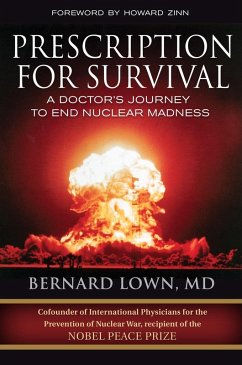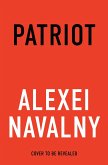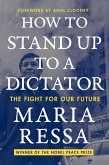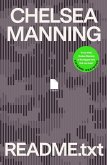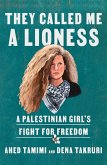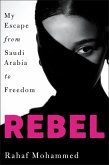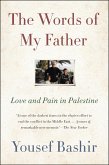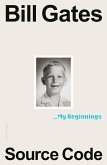"How close we came to extinction, and it is forgotten now." So begins Nobel Prize-winner Bernard Lown's story of his fight against the nuclear symptom of what he calls "the disease of militarism." It is still active and highly contagious, as witnessed by events in Iran, North Korea, Pakistan, and all too many other places. And it can only be stopped, as this extraordinary memoir vividly demonstrates, by concerned citizens working together. In 1981, brimming with anxiety about the escalating nuclear confrontation with the Russians, Lown launched a USA-USSR antinuclear movement with Soviet cardiologist Evgeni Chazov: The International Physicians for the Prevention of Nuclear War (IPPNW). Over the next four years Lown and Chazov recruited more than 150,000 doctors worldwide to join their movement, held international conferences that included U. S. and Russian military leaders, met with numerous world political leaders, and appeared on television programs broadcast throughout the USSR and the U. S. In 1985, despite active opposition from the U. S. government and NATO, Lown and Chazov accepted the Nobel Peace Prize on behalf of IPPNW. This dramatic story is told with a vibrancy of language that illuminates dramatic scenes such as Lown convincing King Hussein of Jordan to join the anti-nuclear struggle during a medical exam, the heart attack of a Russian journalist at an IPPNW press conference, and Lown's face-to-face conversations with Gorbachev. Although this book is concerned with a potential clash of superpowers, Lown writes, "At the heart of these cascading events is a human narrative." "Historical amnesia is a prelude for repeated victimization," Lown says. Prescription for Survival probes the past to help us understand what drove, and continues to drive, nuclear proliferation, and offers a blueprint showing how we can join together across national boundaries to end it.
Dieser Download kann aus rechtlichen Gründen nur mit Rechnungsadresse in A, D ausgeliefert werden.

